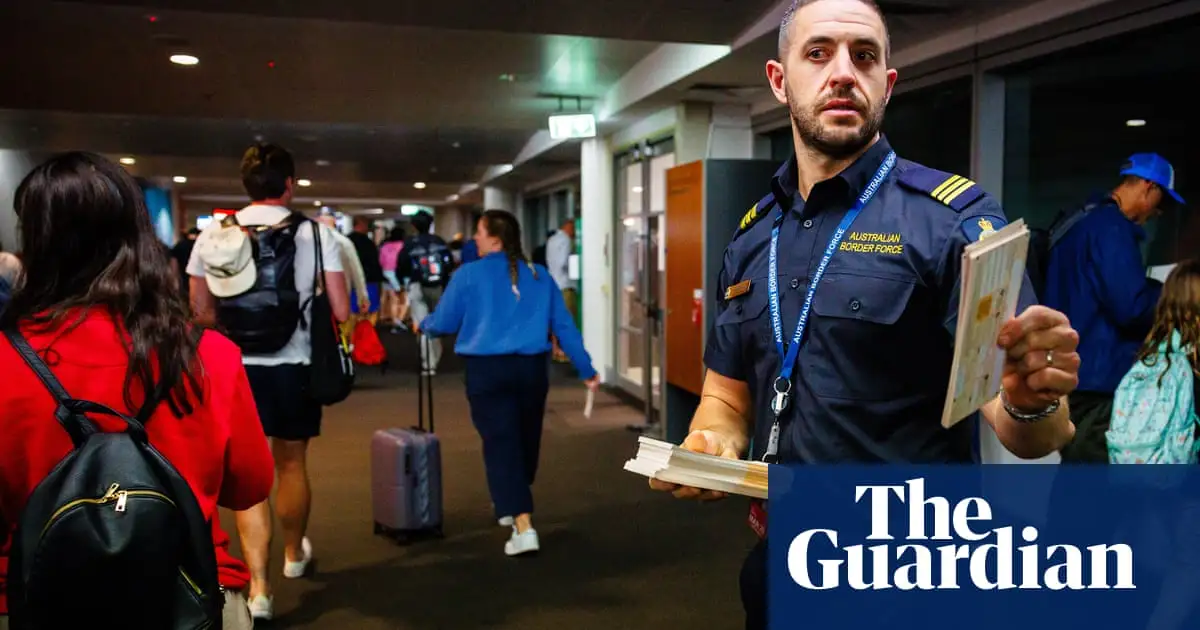Wipe your phone restore from backup when you get to where you’re going
I just turn off biometrics. Fuck those Gestapo cunts.
“Border Force”. Trump, much?
They will try to pressure or force you into inputting your PIN.
The other risk is that they will observe your PIN because you aren’t using biometrics.
Nuke/Pave or have a decoy phone (with your primary phone powered down and packed in your luggage) for use when travelling.
And if you are travelling to certain jurisdictions, just leave your primary phone at home!
They will try to pressure or force you into inputting your PIN.
They can force my biometrics out of me, but not a password. When I travel for work, I don’t have the option of taking another phone with me.
I don’t know if you read the article but if you refuse to unlock the phone they will seize the device and can hold it indefinitely.
I read the article. If they want to keep my phone, fine. I’ll claim it as lost or stolen on my travel insurance, and restore from backup. Either way, I value my privacy more than I value my phone.
and restore from backup.
If you’re going to do this anyway, why not wipe it? I don’t understand why you’d surrender your phone as is to the AFP if you value your privacy.
As I said in the reply you originally replied to, I need it when I travel for work. Border Force aren’t taking phones on the way out, but on the way in. And them taking my phone is not guaranteed to happen, whereas the inconvenience of me wiping my phone is.
The real question is why it matters to you so much what I do with my phone? Nice try Border Force…
I wonder what their reaction would be if you are running Graphene OS and you gave them the duress PIN.
What’s the bet if you put a bunch of illegal shit on floppies they wouldn’t check them - would be a lot of floppies though with most modern stuff (unless its a fake floppy)?
What is the total airport traffic over the same time? I’m interested in getting a sense of the likelihood of a search request.
In any event I’d buy a post office POS for the purpose and use an inflammatory password. Cuck those funts. Call it part of the cost of travel.
This is the best summary I could come up with:
The ABF data shows less than 800 people had their devices “referred for further examination due to technical reasons or individual’s refusal to provide access”.
The agency does not provide information on the success rate for searches, but has said a phone would only be seized where officers suspected it had “special forfeited goods” such as “illegal pornography, terrorism-related material and media that has been, or would be, refused classification”.
In a recent NSW district court judgment, a 39-year-old Maclean man, James Dean Apps, was sentenced to two years and six months in jail after Border Force officers discovered hundreds of images of child abuse material on his device.
The judgment said Apps provided his passcode to his phone at the border during what was described as a “routine baggage examination” after returning from the Philippines in June last year.
Senior lawyer for the Human Rights Law Centre, Kieran Pender, said last month more transparency was required of how the powers were used.
“The Human Rights Law Centre has consistently raised concerns around the lack of transparency, safeguards and oversight of ABF’s extraordinary powers to seize electronic devices at borders,” he said.
The original article contains 661 words, the summary contains 192 words. Saved 71%. I’m a bot and I’m open source!






